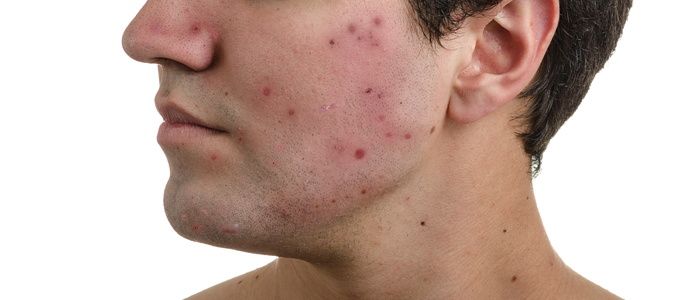No more antibiotics for acne?
In Clinical
Follow this topic
Bookmark
Record learning outcomes
Antibiotics, skin cancer and leprosy were just some of the topics covered at the recent British Association of Dermatologists annual conference

The use of antibiotics for acne could be phased out within 10 years as it is poorly supported by the available evidence and could be contributing to the widespread development of resistant organisms, according to consultant dermatologist Keith Freeman.
Speaking at a satellite meeting at the Glasgow conference, Dr Freeman said that about 8 per cent of all antibiotics prescribed in the UK are for dermatological indications. Part of the problem is that antibiotics are prescribed for long periods for acne, he said.
Current European guidelines advise against the use of topical or systemic antibiotic monotherapy for acne but systemic antibiotic therapy in combination with a topical (non-antibiotic) agent for 12 weeks receives only a mediumstrength recommendation.
Large surveys from 1976- 1996 showed that up to 62Â per cent of Propionibacterium acnes isolates were resistant to erythromycin, clindamycin and tetracycline so that treatment was unlikely to be effective. However the use of antibiotics could contribute to the development of resistant bacteria elsewhere in the human biome (e.g. in the gut).
At present clindamycin and doxycycline are first-line treatments for MRSA but indiscriminate use for acne could limit their usefulness for MRSA management in future.
Dr Freeman called for rigorous antibiotic stewardship and recommended a treatment scheme for acne that would use little or no antibiotics. Two measures that could be introduced immediately would be to discontinue the use of topical antibiotics and to shorten the courses of systemic antibiotics for acne treatment.
Dr Freeman suggested that greater use should be made of intense pulsed light (IPL) laser therapy, photodynamic therapy and oral spironolactone treatment (to inhibit androgen metabolism in the skin).
He recommended that mild acne be treated with Epiduo – a combination product containing adapalene and benzoyl peroxide.
Moderate acne could be treated with Epiduo and either lymecycline for six to 12 weeks or low-dose (40mg) modifiedrelease doxycycline. (At this dose doxycycline has no antibiotic activity but exerts an anti-inflammatory action.) Epiduo could then be used for maintenance treatment. Severe acne should be treated with isotretinoin.
